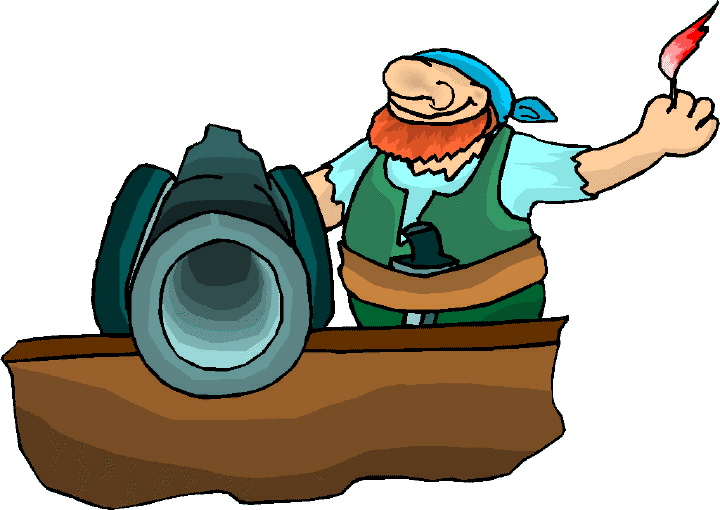 Pirates and Privateers Pirates and Privateers
The History of Maritime
Piracy
Cindy Vallar, Editor
& Reviewer
P.O. Box 425,
Keller, TX 76244-0425
    
Books for
Pirate Apprentices ~ History

Pirates of the North Carolina
Coast
by Jack E. Fryar, Jr.
Dram Tree Books, 2007, ISBN 978-0-9786248-9-7, US $12.95
    
Explore
piracy as it pertains to the Carolinas during the
golden age of piracy in this colorful book designed
to teach children about North Carolina’s rich
history. Maps and graphics decorate pages filled
with pirate information and facts. Some topics
covered are “A Pirate, Buccaneer or Privateer?,”
“The Spanish Main: A Pirate Piggy Bank . . .,”
“Pirate or Hero? It Depends on Who You Ask,” and
“The Pirate Ships.” There’s also a gallery of
rogues, pirate facts of essential information
readers need to know, and a glossary. The specific
pirates highlighted are Edward Low, Stede Bonnet,
Anne Bonny, Mary Read, George Lowther, Calico Jack
Rackham, Charles Vane, Richard Worley, and
Blackbeard.
There are a few discrepancies of which readers
should be aware. Some pirates do obtain their ships
by staging mutinies. While pirates who obtain their
ships this way may have marooned or set adrift those
who choose not to go on the account, some pirates
murder these innocent people. The picture that
accompanies the square riggers is misleading. The
reader may assume it’s a picture of Queen Anne’s
Revenge, which is discussed in the text, but
it’s actually a Spanish galleon, which pirates
rarely attack. There are a few accounts of pirates
forcing people to walk the plank – I haven’t heard
of the one recounted here – but those usually occur
in the 1800s after the time period covered in this
book. Mary Read marries a cavalry soldier rather
than a sailor. The fight between Lieutenant Maynard
and Blackbeard takes place on the navy vessel rather
than the pirate ship. Sometimes, the choice of
background and word colors doesn’t work well. For
example, brown/red/orange on blue is difficult to
read.
Despite these minor flaws, Pirates of the North
Carolina Coast is a great introduction to a
specific age and group of pirates. The book contains
one of best Codes of Conduct I’ve come across in my
readings. It’s clear, concise, and easy for children
to comprehend. The inclusion of lesser-known pirates
like Low and Worley is also a plus. They deserve
mention, yet are rarely found in most books. If
you’re a teacher, librarian, or parent, or a student
in grades four through eight, or you’re interested
in North Carolina history, this is a worthy addition
to your pirate collection.
Review
Copyright ©2007 Cindy
Vallar

Click to contact me
Background image compliments
of Anke's Graphics |

